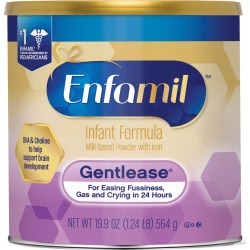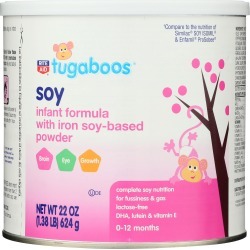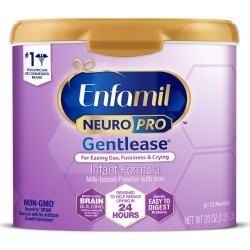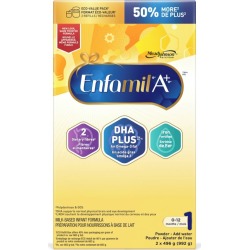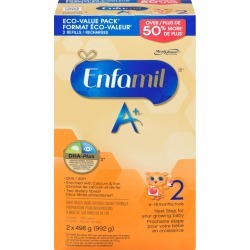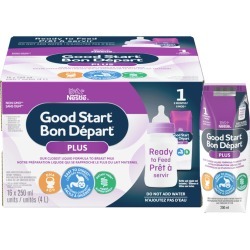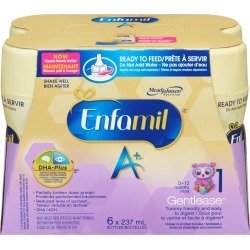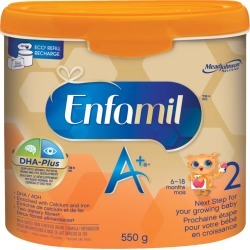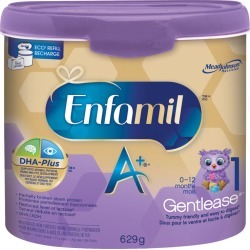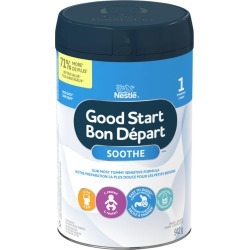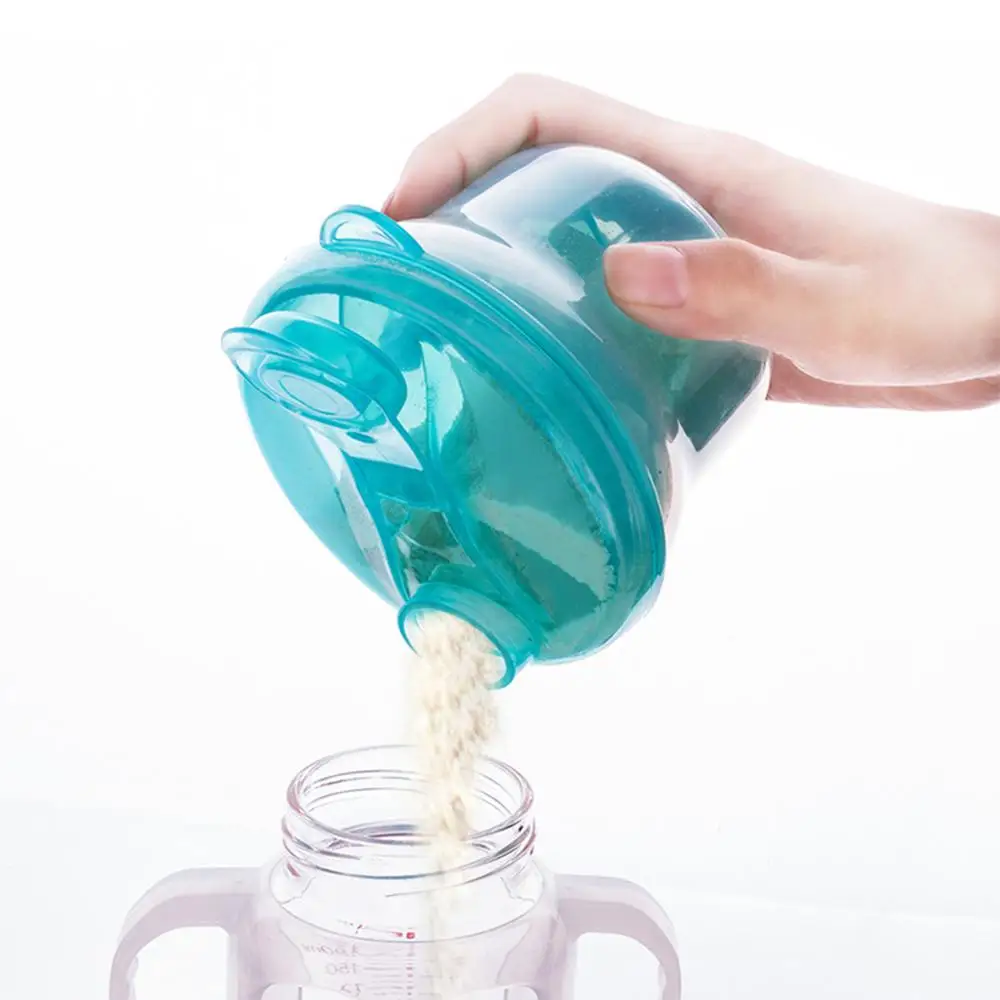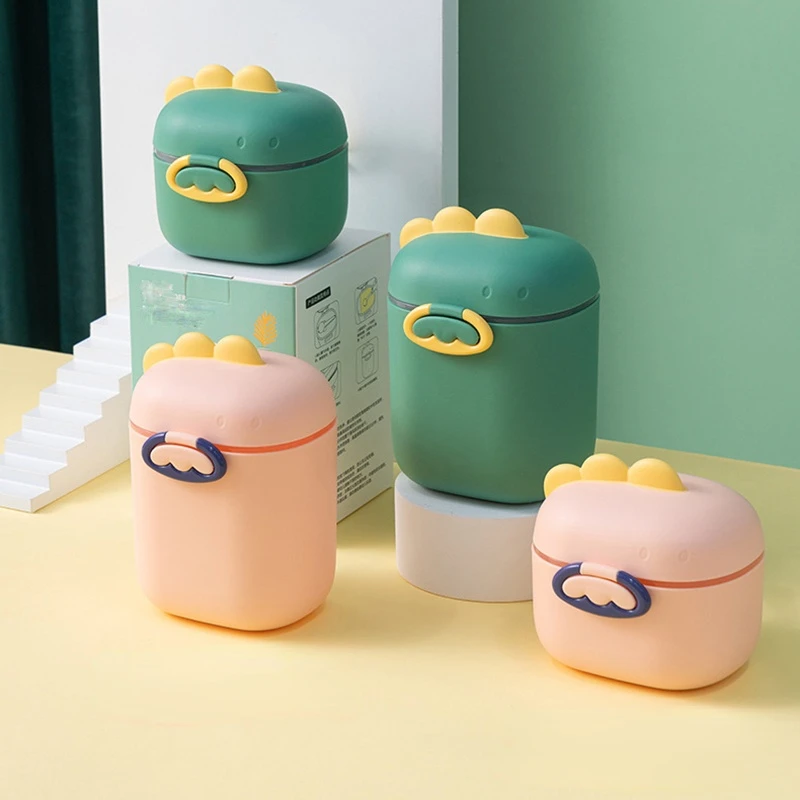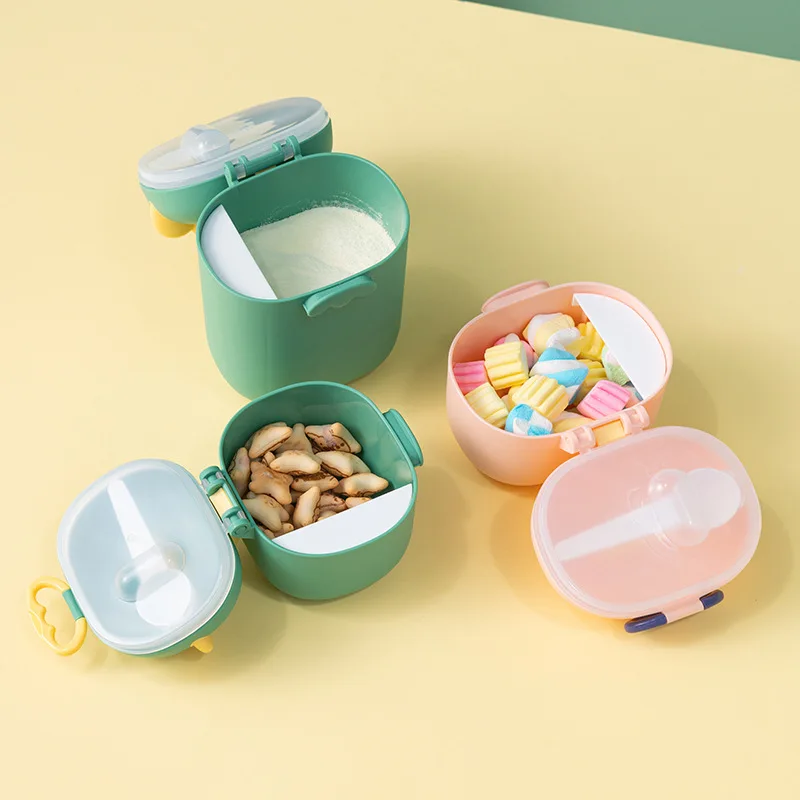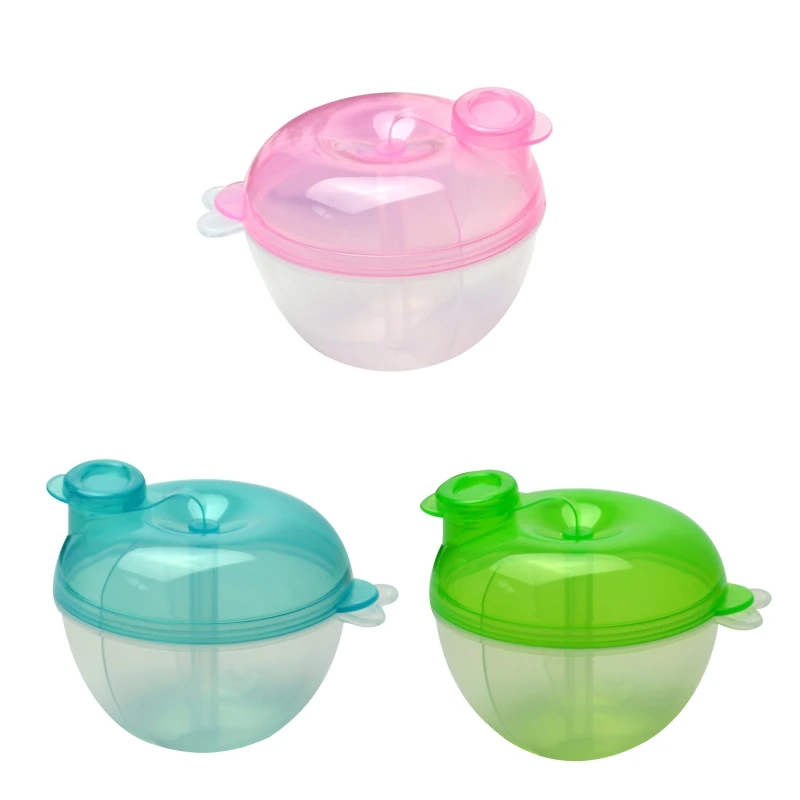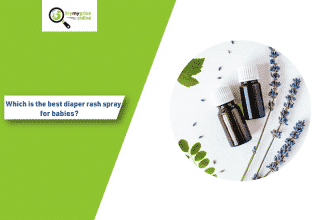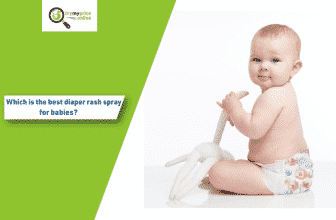
How many times can I switch my baby’s formula? You may need to change your baby’s formula for financial reasons or help her belly feel better. It’s crucial to see your doctor before making the switch. Infant formulae are strictly controlled, and they must all give appropriate and complete nourishment to babies. One of the most challenging aspects of altering a formula is determining if you are changing at the right moment. Is it a good idea to switch your baby’s formula? Should you wait a few days longer? You’re probably also concerned about the number of times you’ll be able to change your baby’s formula, so How many times can I switch my baby’s formula?
Here’s all you need to know on the question; how often can I switch my baby’s formula.
How many times can I switch my baby’s formula?
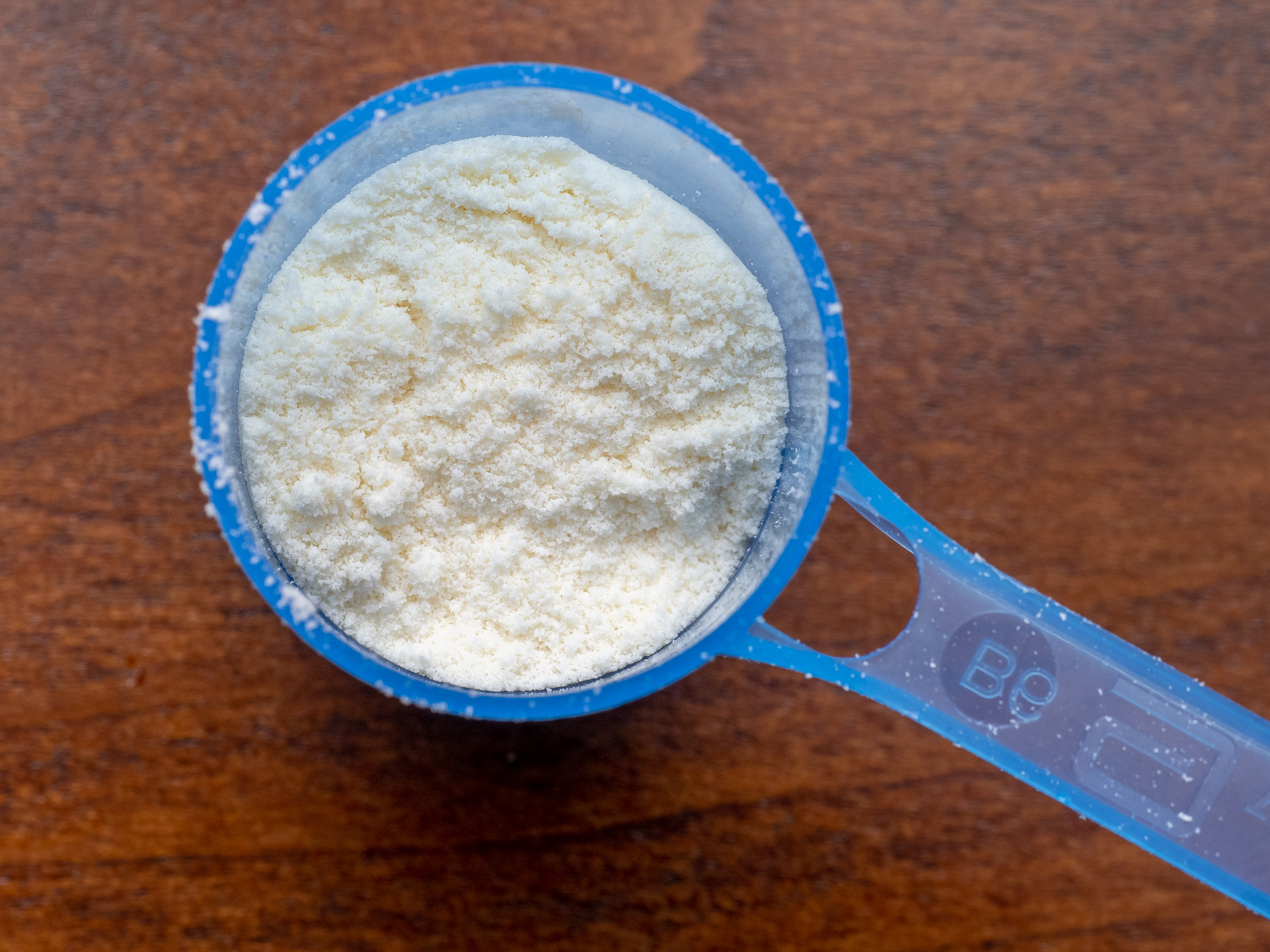
How many times can I switch my baby’s formula?
Hundreds of bottles of formula will be consumed by your infant throughout the first year of their existence.
Will the formula remain the same in the future?
Costs of buying can be expensive in some cases, and allergies or diseases may necessitate a change in infant formula. It’s advisable to check with your physician first to ensure that making a change is safe.
During the first few weeks of the new baby formula, you’ll have to keep a careful eye on your kid for symptoms of allergy or other difficulties.
Can I Switch Formula Brands?

How many times can I switch my baby’s formula?
It’s OK to change your baby’s formula if they need it.
However, if you’re unsure, stick with the present formula. Never alter the formula for the sake of a free sample or other non-health-related incentives.
You might be concerned that switching formulas would cause your baby’s stomach to upset, but this is unlikely.
Gas is something that all newborns have, and a new formula is unlikely to change it.
What may happen is that the frequency or color of your baby’s bowel motions may change.
Some formulas may cause your infant to become constipated, while others may induce diarrhea.
Consult your doctor; your child may have an actual formula allergy if this occurs. But bear in mind that this is relatively uncommon!
So, How many times can I switch my baby’s formula?
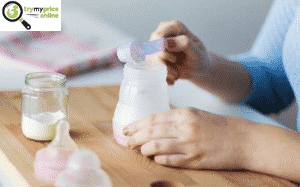
How many times can I switch my baby’s formula
When Should I Consider Switching Baby Formulas?
How many times can I switch my baby’s formula? What do you think?
When a baby has an actual formula allergy, it is necessary to switch infant formula.
Diarrhea, dark, red, scaly skin, violent vomiting, extreme exhaustion, and weakness are all signs of looking out for.
This might mean that your kid isn’t getting enough nutrition due to his body rejecting the formula.
Your baby may be fussier than usual, crying a lot, and having gas or runny feces after a feeding.
If you have a specific health problem, your doctor may advise you to change the recipe.
Your doctor may prescribe an iron-fortified formula if your infant needs additional iron in his diet.
If your child lacks lactose sensitivity, the doctor may suggest soy formula.
So, How many times can I switch my baby’s formula?
How Should I Switch to Another Formula?
How many times can I switch my baby’s formula?
So you’ve decided it’s a good idea to change your baby’s formula.
How do you go about doing it? To get you started, here are a few tips.
1. Always seek medical advice from a qualified medical professional
Always with your doctor about the best formula for your child.
Your health care provider is the only one who can state what your infant needs, and you’ll need their help if you have problems making the transition.
Never modify the formula for your infant without consulting your doctor first.
If your doctor insists that your baby does not require a change in formula, take it closely; there might be something else wrong with your child that has nothing to do with the formula they are drinking.
That was the answer of “How many times can I switch my baby’s formula?”.

How long does it take for baby to adjust to formula change
2. Select a New Infant Formula
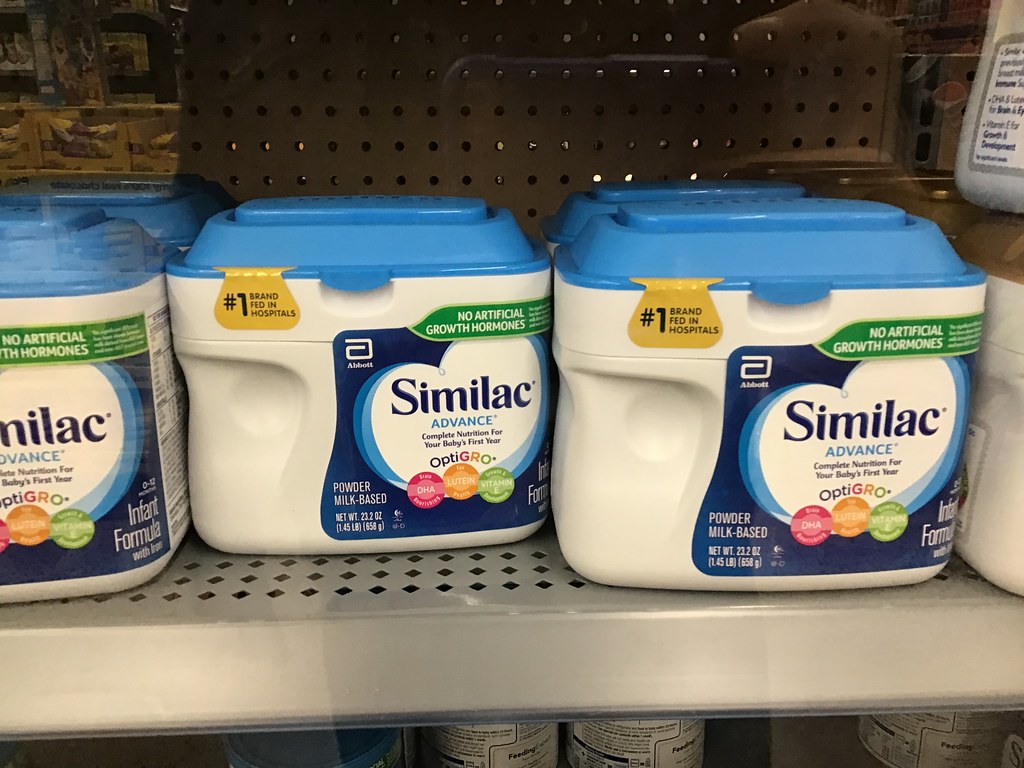
So, How many times can I switch my baby’s formula?
When selecting new infant formula, use caution.
Look for a formula that uses the same protein source as your baby, such as cow’s milk.
If your infant has a medical reason to change formulas, such as lactose intolerance, talk to your doctor about the best option.
Always read and compare labels and select a formula as close as feasible to the previous one.
3. Give the New Formula Gradually
How many times can I switch my baby’s formula?
Some babies will be unconcerned about switching to a new formula and will not make a sound.
They may prefer the new formula even more! If your infant appears to dislike the flavor of fresh fruit, make the changeover gradually.
Gradually transition by combining the formulae.
Start with a small amount of the new formula mixed in with a large amount of the old, and gradually increase the amount of the new formula with each feeding.
Your kid will soon be able to tolerate the new formula.
Remember to mix the formula according to the package directions to ensure your baby gets all of the nutrients they require.
What to Look Out For When Switching Baby Formula?
When changing your baby’s formula, you’ll have to pay special attention to your infant. This is particularly true in the first 24 hours after you start the changeover. Excessive gas, constipation or diarrhea, hives or a rash, or other disease symptoms like clammy skin, limpness, fever, etc., are all signals that your baby is unhappy with the formula. Also, watch for blood in the stool or the baby’s vomit, which might indicate that you need to get to the doctor right away. These are indicators that your infant is having difficulty digesting the formula.
You may be able to wait for another feeding in some circumstances, but you will need to return to the old formula or try something new in most cases. In any case, contact your doctor to find out what your subsequent actions should be. If you’ve already switched infant formula, don’t change it again unless you have a severe health problem. The more a newborn’s nutrition changes, the more likely they will develop issues.
Is it OK to Switch Baby’s Formula Twice in a Week?
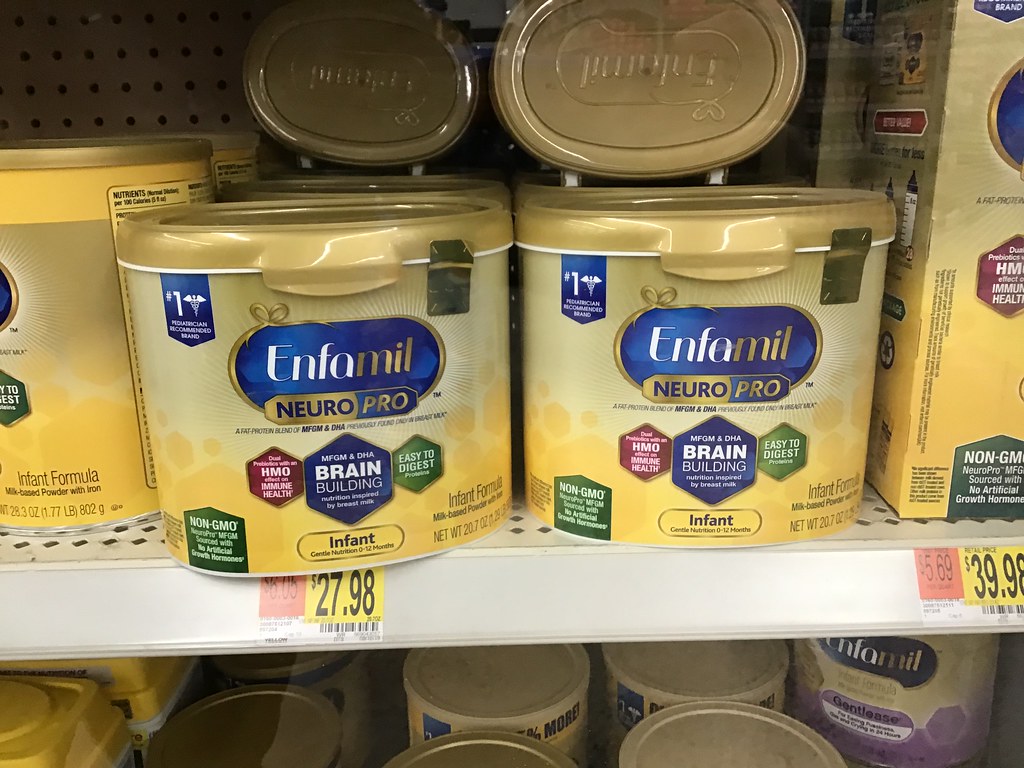
How many times can I switch my baby’s formula?
If your doctor or pediatrician says so, don’t switch formulas more than once. Changing formulas frequently might put a strain on your baby’s digestive system. Allow your baby enough time to acclimate to the new formula, usually three to five days.
Some babies will acclimatize almost immediately. Others may have minor changes in stool pattern, flatulence, or spit-up while adjusting to the new formula. Before switching infant formula, always see a physician if your baby has been diagnosed with a metabolic condition, milk protein allergy, or failure to thrive.
Is it Harmful to Change Infant Formula Frequently?
How many times can I switch my baby’s formula?
Even if they have a good cause, parents are typically apprehensive about replacing their baby’s formula. They may be concerned that the baby may get gassy or that a new formula would be intolerable to the child. Changing formula is usually not harmful to your child. Without fear, you may transition from branded products to generic ones or switch formula types, such as dairy to lactose-free formula.
As long as you don’t change the type of formula, it’s generally OK to swap your baby’s formula as often as you’d like.
You may, for example, go from one type of dairy-based formula to another without risking your baby’s health. To help manage the expense of baby formula, moms frequently buy multiple brands based on discounts or coupons. Other brands’ tastes may differ somewhat; however, this is not hazardous. Consequently, your kid may object to the difference in flavor at first, but they will quickly acclimate.
When to switch formulas?
It’s usually a good idea to check with the baby’s physician before making any changes to its formula.
If a milk allergy or intolerance is detected, soy formula is frequently replaced with a partly hydrolyzed formula or, on rare occasions, a different type or brand. Hypoallergenic formulations are used to treat severe allergies.
So, Did you know How many times can I switch my baby’s formula?
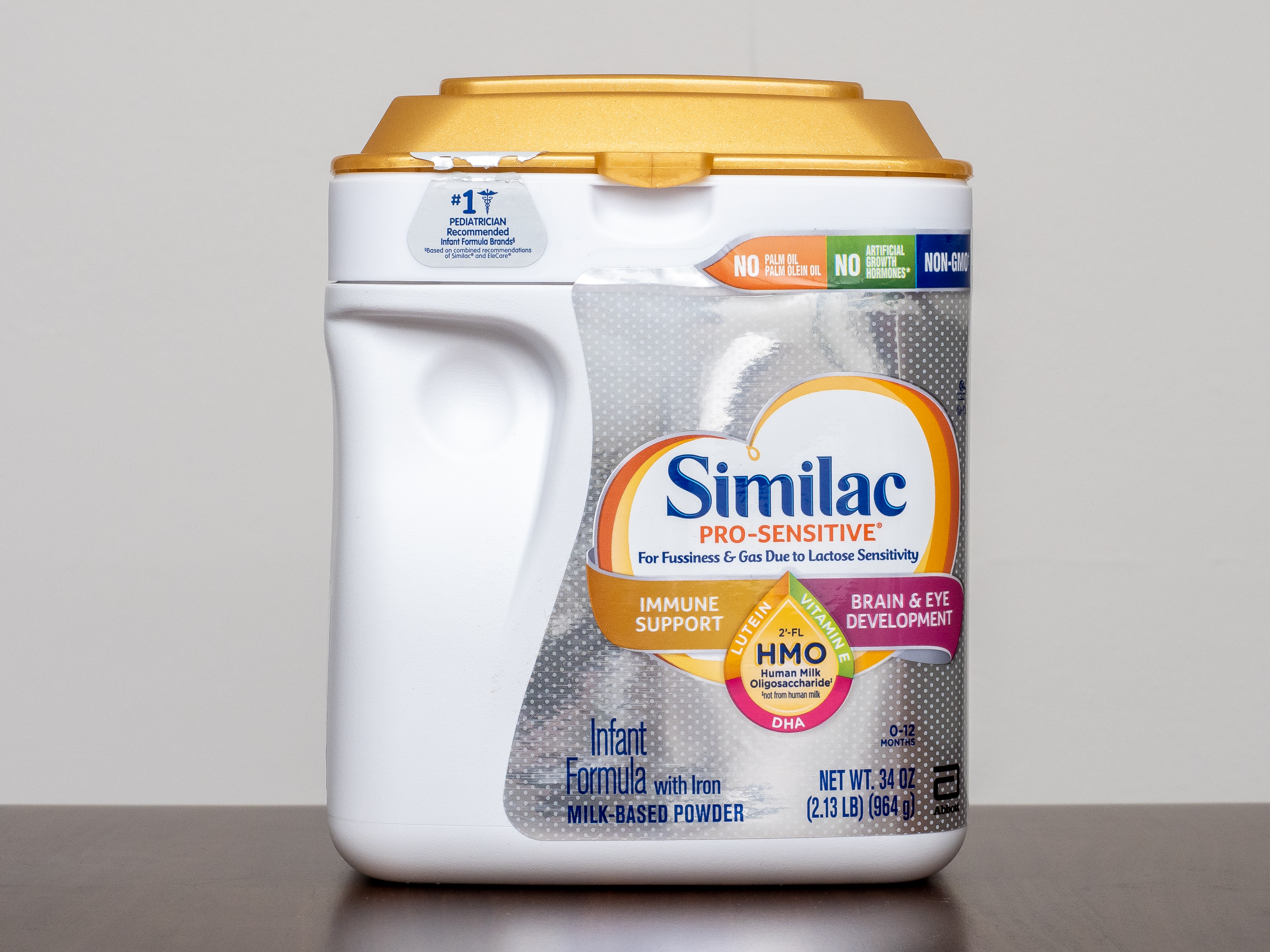
Know what’s normal and Wait for results
How many times can I switch my baby’s formula?
It’s essential to allow switching between formula brands sometimes. It’s critical to understand what’s normal and a red warning when it comes to a baby’s digestion. Before switching to formula, double-check that you’re making the formula correctly and paying attention to the baby’s hunger and fullness signs.
It’s also vital to understand that adjusting your baby’s formula won’t result in immediate improvements. It might take a week or two for a baby to adapt to a new formula and for her symptoms to disappear.
Six Signs You May Need to Change Your Baby’s Formula
So, How many times can I switch my baby’s formula?
According to Jessica Gust, a pediatric dietitian and founder of Element Nutrition Co. for Kids in Arroyo Grande, California, parents should start their babies on a standard milk-based formula unless they have a medical condition, such as a cow’s milk allergy, that requires the use of a specialized variety.
She believes the ideal formula to switch to if their baby doesn’t tolerate a standard formula is determined by the symptoms. A few symptoms show that a baby isn’t getting along with their present formula.
The following pointers can help you determine whether it is the appropriate time to switch baby formula brands:
1. Spit up is in Excess
Do you know How many times can I switch my baby’s formula?
Because of their immature digestive systems, all newborns spit up; there’s usually nothing to be concerned about as long as your baby is gaining weight steadily—roughly 6 ounces per week—and peeing their diapers at least once every six hours.
Spitting up more than two teaspoons every meal, on the other hand, might indicate formula intolerance.
2. Weight Gain is a Slow Process
Keeping track of a baby’s weight increase and diaper output might help determine how healthy your baby is. Parents may see the following when their babies are gaining weight properly:
- 10 to 14 days after delivery, babies regain their birth weight.
- They acquire roughly 1 ounce each day from birth to three months.
- Babies gain .67 ounces a day by the time they reach six months.
If your kid isn’t gaining weight as predicted, talk to their pediatrician about it, and don’t keep switching formulas.
3. There is An Increase In Fussiness After Feeding
There are many reasons why a baby could have a crying fit, but if your kid is inconsolable during or after a feeding, formula intolerance could be the cause. A 14-day transfer from regular milk-based formula to a partly hydrolyzed 100 percent whey or whey-enriched protein formula resulted in a “significant decrease” in symptoms in 256 infants aged one to three months who were prone to excessive screaming and fussiness.
4. Bloody Stool
How many times can I switch my baby’s formula?
It’s impossible to avoid the fact that seeing blood in your baby’s diaper is a terrifying sight.
While there are a variety of causes for bloody stools, all of which require a visit to your physician, an allergy to cow’s milk, which is the protein source in most infant formulae, might be one of them.
5. Severe Constipation
So, How many times can I switch my baby’s formula?
Formula-fed newborns usually have at least one bowel movement each day. However, it’s not unusual for them to spend up to two days without one.
Constipation has happened if your baby is straining, generating hard, tiny stools, or experiencing terrible stomach cramps. A change in diet may be beneficial. Poo may be softer in babies fed a formula lacking palm oil.
To ease constipation, switching to a low-iron formula is not a smart option. Iron is necessary for newborns’ optimum growth and development, and the amount in baby formulas should not cause constipation.
6. Allergy Symptoms
So, How many times can I switch my baby’s formula?
Within the first few months of life, between 2% to 3% of neonates acquire a milk allergy (though most outgrow it). They can display symptoms right after eating or up to ten days afterward. Among the signs and symptoms are:
- Eczema or skin rashes
- Loose stools (which may contain blood)
- Vomiting or gagging
- Refusing bottles
- Fussiness
- Wheezing
- Swelling
- Hives
- Anaphylactic shock
Please consult your physician if your child exhibits any of these adverse reaction signs.
That was the answer of our question “How many times can I switch my baby’s formula?”.
Can I Keep Changing My Baby’s Formulas?
How many times can I switch my baby’s formula?
While changing formulas regularly is not necessarily hazardous to a baby in the long run, it may cause gastrointestinal irritation.
According to FDA, it’s recommended not to switch formulas too often, especially if your child tolerates one well because newborns can have gas, diarrhea, constipation, or vomiting when transitioning to a new formula.
It’s a good idea to try a lactose-free formula if they’re having trouble digesting a certain formula, such as a lot of gas or spitting up. If changing the formula is required, give your infant two to three weeks to acclimate and adapt to the new one.
We have explained How many times can I switch my baby’s formula.
Can I Try Out Variety of Formulas on My Baby?
?So, How many times can I switch my baby’s formula
There’s no reason why a healthy baby can’t consume a range of infant formula. While those recipes’ protein and carbohydrate content differs, they all have the same number of calories per ounce and the same amount and kinds of fat. They do, however, have a wide range of flavors.
Because a newborn or very young infant’s sense of taste is still developing, switching formulas will be simpler the younger the baby is. A real taste preference may exist in older babies (over six months), resulting in the rejection of provisional bottles when switching formulas. Changing between formula kinds, on the other hand, changing between formula kinds does no damage to the kid.
Switching back and forth between the various formulas would be counterproductive if lactose intolerance or milk allergy were an issue. Lactose is present in almost all milk-based formulas (one lactose-free milk formula exists), but it is absent from soy-based formulas. Sucrose and corn syrup are the main carbohydrates in soy formulations. Lactose-intolerant infants should be switched to a soy-based formula.
If your baby has a milk protein allergy, you’ll need to convert to soy or elementary formula like Nutramigen or Alimentum.
The basic formula includes milk proteins that have already been broken down into smaller amino acids, preventing the infant from developing an allergic reaction.
However, most newborns do not require elemental formulas, which is a good thing because they are far more expensive than milk or soy-based formulas.
Because some newborns who are allergic to milk are also allergic to soy, it may be essential to switch to an elemental formula. Even yet, most newborns with milk protein allergies may safely use soy formulas.
That was the answer of How many times can I switch my baby’s formula.
Conclusion
We have clarified the answer of “How many times can I switch my baby’s formula?”, There are various reasons why a formula switch may occur, whether parents are entirely formula feeding or supplementing with formula. It might be due to a medical condition, a parental preference, or difficulty obtaining the regular formula. In general, this is a sound decision. Even so, it’s always a good idea to consult with your baby’s healthcare professional to obtain the best advice on how many times you may switch your baby’s formula at a specific time and which formula is ideal for your baby.
Holle Non-GMO - European Whole Milk Toddler Drink - with DHA for Healthy Brain Development - 1 Year & Up
Features
- place holderNon-GMO and Vitamin-Packed - This toddler milk powder is made from skimmed milk and partly demineralized whey powder. It contains vitamins A, D, E and iron to help support healthy growth and brain development.
- Convenient, Soy & Gluten Free - Our nutritious cow's milk powder makes it easy to mix a non-GMO, vegetarian, soy, and gluten-free toddler drink on the go — no refrigeration required.
- Safe for Children 1 - 3 Years Old - This stage 3 toddler milk is a wholesome option for children from 12+ months to the end of their third year.
- Great Tasting & Easy to Mix - Unlike other toddler drinks, our recipe contains no artificial preservatives, corn syrup, or other unnatural ingredients. To mix, use the enclosed scoop to combine one scoop of powder for every one fl ounce of water in a bottle, then shake well.
- Commitment To Quality - Holle uses only high quality ingredients and we bear a special responsibility for the environment, children, and their future. We promote a holistic, sustainable toddler nutritional drink based on simple recipes without chemical processing or use of preservatives, artificial flavors or colors, added salt or granulated sugar.
Earth's Best Organic Baby Formula, Dairy Based Powder Infant Formula with Iron, Non-GMO, Omega-3 DHA and Omega-6 ARA, 21 oz
Features
- INFANT NUTRITION: Our closest formula to breast milk, this easy-to-digest organic formula is made with wholesome ingredients and nutrients that support immunity, brain development, and eye development
- EASY TO PREPARE: Simple-to-follow directions on the back of the formula container help you prepare your little one’s baby bottle with the right water-to-formula powder ratio for their feeding needs
- FIRST 12 MONTHS: Support development and nourish your baby from their first day to their first birthday
- EARTH'S BEST: Explore our full line of baby nutrition to find more sensitive baby formulas, gentle formulas, and toddler formulas
- 21 OZ FORMULA CONTAINER: Includes one 21 oz container of Earth's Best Organic Dairy Infant Formula
Enfamil Nutramigen Infant Formula, Hypoallergenic and Lactose Free Formula, Fast Relief from Severe Crying and Colic, DHA for Brain Support, Powder Can, 12.6 Oz (Pack of 6)
Features
- HELPS TO EASE COLIC: Delivers clinically proven relief when managing colic due to cow’s milk allergy for a happier, better-rested baby & mom.Hypoallergenic — made with extensively hydrolyze proteins that are less likely to trigger an allergic response
- FAST RELIEF NOW: As early as the first feeding, with 90% of infants improving within 48 hours
- INCLUDES LGG: The most extensively studied probiotic for allergy management and supporting the digestive health of your baby
- BRAIN SUPPORT: Nutramigen is a gentle, lactose free baby formula that has important nutrients found in breast milk such as omega-3 DHA, ARA, and choline that provide brain support
- IMMUNE SUPPORT: Helps support baby's immune system to return to consuming traditional milk protein formula without an allergic response
Enfamil Infant Formula, Milk-based Baby Formula with Iron, Omega-3 DHA & Choline, Powder Can, 21.1 Oz, Pack of 4 (Total 84.4 Oz)
Features
- NURTURING BRAIN DEVELOPMENT: Our formula has expert-recommended DHA & choline, known to support your baby's growing brain, supporting their milestones.
- IMMUNE SUPPORTING NUTRIENTS: Enfamil Infant is iron-fortified and has a dual-prebiotic blend to support your baby's immune system.
- NUTRITION DESIGNED FOR YOUR INFANT: Designed with care for babies up to 12 months with vitamins & minerals that support their overall health.
- TRUSTED INGREDIENTS: Enfamil Infant Formula is has no added table sugar* and no known sources of gluten.
- TRUSTED BY PARENTS & PEDIATRICIANS*: Enfamil is the #1 Trusted Infant Formula Brand by Pediatricians* & Parents and the #1 Trusted Brand for Brain-Building & Immune Support.
Earth's Best Organic Gentle Baby Formula, Infant Formula with Iron, Non-GMO, Omega-3 DHA and Omega-6 ARA, 21 oz
Features
- INFANT NUTRITION: This gentle formula is designed to ease babies who experience fussiness, gas, and crying while encouraging immunity and brain and eye development
- EASY TO PREPARE: Simple-to-follow directions on the back of the formula container help you prepare your little one’s baby bottle with the right water-to-formula powder ratio for their feeding needs
- FIRST 12 MONTHS: Support development and nourish your baby from their first day to their first birthday
- EARTH'S BEST: Explore our full line of baby nutrition to find more sensitive baby formulas, gentle formulas, and toddler formulas
- 21 OZ FORMULA CONTAINER: Includes one 21 oz container of Earth's Best Organic Gentle Infant Formula
Similac Alimentum with 2'-FL HMO Hypoallergenic Infant Formula, for Food Allergies and Colic, Suitable for Lactose Sensitivity, Ready-to-Feed Baby Formula, 32-oz Bottle (Case of 6)
$71.99 in stock
Features
- HYPOALLERGENIC: Our formula is suitable for lactose sensitivity and has broken-down protein that is easy to digest for babies with food allergies or colic due to protein sensitivity
- START FEELING BETTER TODAY: Similac Alimentum starts reducing colic symptoms due to protein sensitivity within 24 hours in most infants
- WITH AN IMMUNE-NOURISHING INGREDIENT: First and only hypoallergenic formula with 2 -FL HMO, an immune-nourishing ingredient
- EBT ELIGIBLE: Eligible to be purchased with Supplemental Nutrition Assistance Program (SNAP) benefits in select stores; The SNAP name is a service mark of the US Department of Agriculture The USDA does not endorse any goods, services, or enterprises
Mead Johnson 136705, Enfamil Infant Formula, 1/Bt (1144771_Bt) 77442601
Nutricia North America 90169, Hcu Anamix Infant Formula, 1/Ea (1011150_Ea)
Rite Aid Tugaboos Soy Infant Formula Powder - 22 oz
Enfamil NeuroPro Gentlease Infant Formula Powder - 20 oz
Enfamil Gentlease Milk-Based Infant Formula Powder For Fussiness & Gas 12.4 oz by Enfamil
Enfamil Enfamil A+ EnfaCare Baby Formula Powder 363.0 g
Enfamil Enfamil A+ Baby Formula, Powder Refill 992.0 g
Puramino Puramino A+ Hypoallergenic Baby Formula Powder 400.0 g
Baby Formula Sensitivity W Iro Case of 4 X 23.2 Oz by Earths Best
Baby Formula W Iron Org Case of 4 X 23.2 Oz by Earths Best
Enfamil Enfamil A+ 2 Baby Formula Powder Refill 992.0 g
Nestle Good Start GOOD START PLUS 1 Baby Formula, Ready-to-Feed 4.0 L
Nestle Good Start GOOD START PLUS 2 Baby Formula, Powder 1020.0 g
Enfamil Enfamil A+ for Frequent Spit Up Baby Formula Powder Tub 629.0 g
Nestle Good Start GOOD START PLUS 2 Baby Formula, Powder 580.0 g
Enfamil Enfamil A+ Gentlease Baby Formula Ready to Feed-Nipple Ready Bottles 6 pack 237.0 ML
Enfamil Enfamil A+ 2 Baby Formula Powder Tub 550.0 g
Enfamil Enfamil A+ Gentlease Baby Formula Powder Tub 629.0 g
Enfamil Enfamil A+ Baby Formula Ready to Feed-Nipple Ready Bottles 6 pack 237.0 ML
Nestle Good Start GOOD START PLUS 2 Baby Formula, Ready-to-Feed 4.0 L
Nestle Good Start GOOD START SOOTHE Baby Formula, Powder 942.0 g
Portable Baby Milk Powder Formula Dispenser Feeding Food Container Infant Mix Storage Feeding Box for Kids Care Travel Bottle
$2.50 out of stock
Baby Snack Storage Box Baby Formula Dispenser Portable Milk Powder Container With Scoop For Travel Outdoor Activities
$4.21 in stock
Baby Formula Milk Storage Food Container For Children Portable Mix Container Baby Food Storage Infant Milk Powder Container
$10.10 out of stock
3-grid Rotating Portable Baby Milk Powder Organizer Formula Dispenser Food Container Infant Mix Storage Feeding Box
$2.97 in stock
How many times can I switch my baby’s formula

Outbound Links:
The Best Formulas for Your Baby’s Needs.
Q: What’s the difference between regular Neuropro and Neuropro Gentlease?
Enfamil Gentlease Vs Neuropro Recipes.
Mindy Cockeram. January 20, 2022. 15 Best Baby Formulas for Newborns to Consume in 2022









